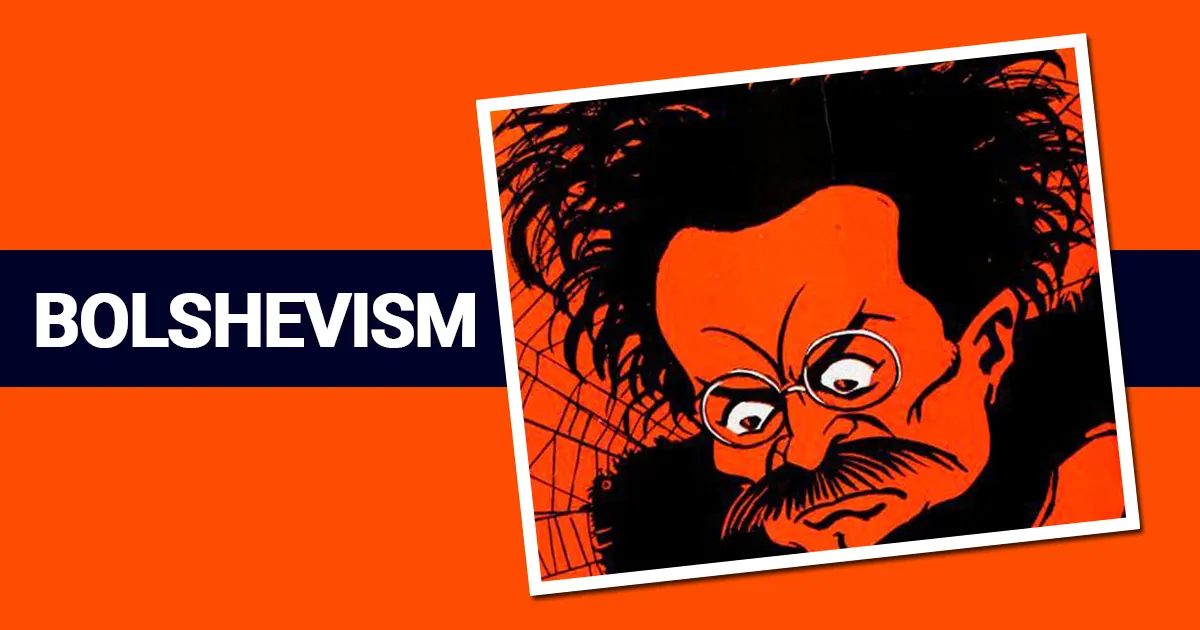GS1 – WORLD HISTORY

Bolshevism refers to the radical communist ideology led by the Bolshevik faction of the Russian Social Democratic Labour Party (RSDLP), under Vladimir Lenin, which was pivotal in the Russian Revolution of 1917 and the establishment of the Soviet Union.
1. Origin:
- Meaning: “Bolshevik” comes from the Russian word bolshinstvo, meaning “majority.”
- Formation: Emerged as the majority faction in the RSDLP after a split in 1903, opposing the Mensheviks (minority faction).
- Foundation: Based on Marxist principles advocating a proletarian revolution to overthrow capitalism.
2. Ideology:
- Marxism-Leninism: Combined Karl Marx’s ideas with Lenin’s revolutionary strategies.
- Key Concepts:
-
- Dictatorship of the Proletariat: Power concentrated in the working class to eliminate class divisions.
- Vanguard Party: Centralized political party to lead the revolution.
- Anti-Capitalism: Advocated dismantling capitalism and establishing communal ownership.
3. Revolutionary Actions:
- February Revolution (1917): Overthrew Tsarist rule and set up a provisional government.
- October Revolution (1917): Led by Lenin and Trotsky, the Bolsheviks overthrew the provisional government and established the world’s first socialist state.
4. Policies:
- War Communism: Enforced harsh measures like grain requisition and nationalization during the Russian Civil War.
- New Economic Policy (NEP): Allowed limited private enterprise in 1921 to revive the economy.
- Red Terror: Used by the Bolsheviks and the Cheka (secret police) to eliminate opposition.
5. Legacy:
- Formation of the USSR: The Bolsheviks’ victory led to the creation of the Soviet Union in 1922.
- Global Impact: Inspired communist movements worldwide and shaped Cold War politics.
- Criticism: Noted for authoritarianism, suppression of dissent, and human rights abuses.
6. Key Figures:
- Vladimir Lenin: Leader of the Bolshevik movement and architect of the October Revolution.
- Leon Trotsky: Organized the Red Army and implemented revolutionary strategies.
- Joseph Stalin: Consolidated power post-Lenin, making Bolshevism more authoritarian.
7. Impact:
- Introduced communism as an alternative to capitalism.
- Inspired revolutions in China, Cuba, and Eastern Europe.
- Remains debated for its goal of equality versus the authoritarian methods used.




